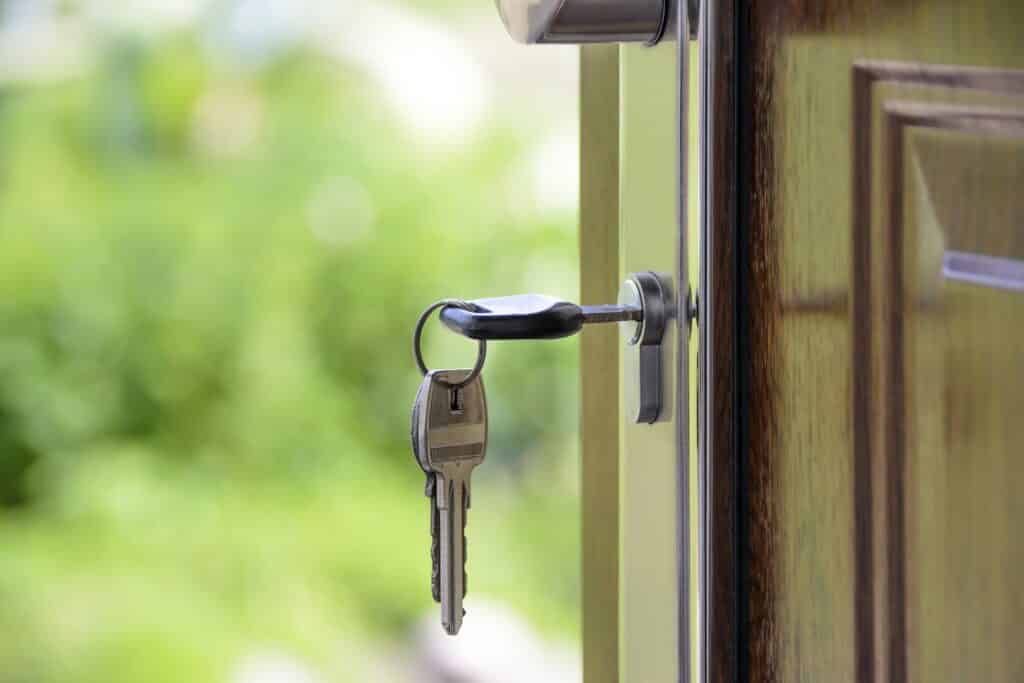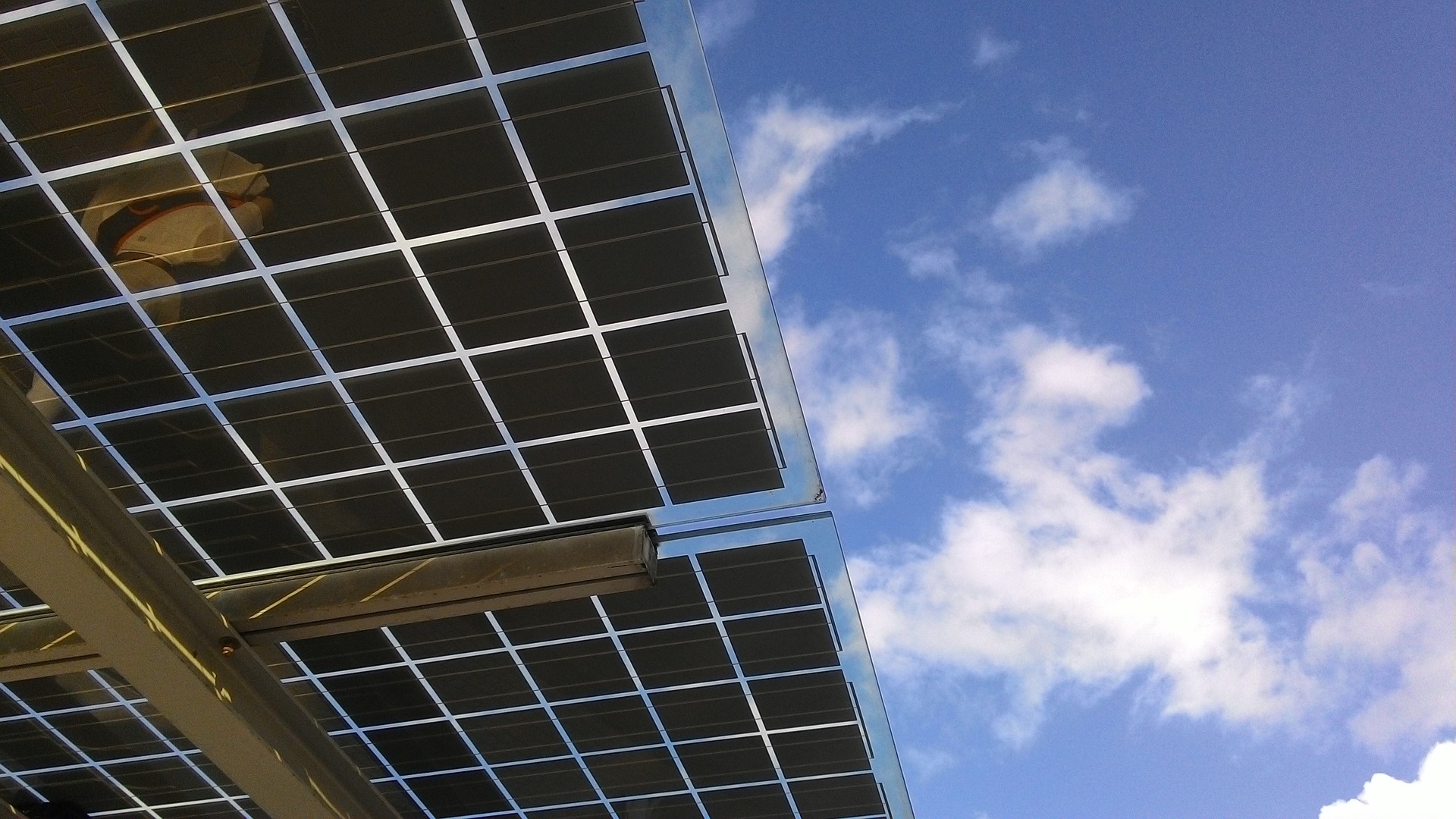A Winter’s Tale – Buying, Selling & Home Insurance
Author: Andrew Burrows | Published: January 13, 2023
If you’re expecting a tale of Sprites and Goblins, you may be on the wrong website.
If, however, you would like to know more about your responsibilities and liabilities when buying and
selling properties during cold weather, we may be able to help.
There’s a lot to take on board when buying and selling a house, and whilst the legal aspects of the
transaction will be dealt with by us, it will be the parties themselves who should deal with insurance.
Most properties are bought and sold under the Law Society Standard Conditions of Sale (5th
edition) which is a set of rules that determine how the legal relationships between buyer and seller
are formed, and resolved in the case of a dispute.
These conditions can lead to some unintended consequences for the unwary.
It may help if we drill down into the terminology. Buying and selling is a 2 stage process.
At the end of the process is “completion” when the money and keys change hands; the seller must
have vacated the property, leaving it in a reasonable condition, and the buyer can take possession
and move in.
Prior to completion is “exchange of contracts”. This is when – as you would expect – contracts are
exchanged, the buyers deposit handed over and when the legal commitment to purchase the
property at the completion date noted on the contract comes into existence. The buyer has agreed
to buy, the seller has agreed to sell, but the property is still owned by the sellers until they receive
all of the sale monies.
You may think that even after exchange of contracts, as the seller still owns the property, and
probably still lives in it, the seller should still insure it.
You’d be wrong.

Back to the Law Society Standard Conditions of Sale. Unless you’re buying a new build property
from a developer, clause 5.1.1 states that the responsibility for insuring the property passes to the
buyer. The rationale behind this is as the buyer has contracted to buy the property, they should
insure it as they can’t pull out of the purchase.
If the buyer hasn’t insured the property, this can at best lead to delay and uncertainty; at worst it
can lead to disaster if the property is damaged after exchange of contracts. This is especially true
when a property is empty and is not being heated, which can lead to burst pipes and considerable
damage to the property.
It’s the sellers responsibility to tell the buyer about any damage, but it’s the buyers responsibility to
claim on insurance and to have the damage repaired.
The buyers can’t necessarily rely on the sellers insurance as after exchange of contracts this may
be for the benefit of the sellers only (if they haven’t already cancelled it).
If you’re buying:
- Get an insurance quote at an early stage.
- Familiarize yourself with the terms, conditions and exclusions of the policy.
- Make sure that the insurance complies with any lenders requirements.
- Liaise with your solicitor to put this insurance on risk immediately prior to exchange of
contracts. - Thoroughly inspect the property prior to exchange of contracts to ensure that the property
has not changed in any way since you last viewed it.
- If you discover a problem, be guided by your insurers as to how to proceed.
- If you’re moving straight in after completion, tell your insurers about this.
If you’re selling:
- If you’re moving out of the property tell the insurance company.
- Don’t cancel your insurance until completion (just in case the buyer has not insured).
- Inspect the property at regular intervals and leave some heating on if you can afford to.
- If there is a change to the condition of the property, either before or after exchange of
contracts, tell your solicitors and the estate agents as quickly as you can.
Most of these tips are good practice if you’re moving at any time of year (or in any weather).


